|
Happy Medieval Monday! I always have a wonderful time exploring the Middle Ages. Recently, I've become fascinated by some of the inventions. Continuing with last week's "timely" theme, did you know that the mechanical clock was a medieval invention? That surprised me. I'm not sure when I thought it had been invented, but certainly not as far back as the late thirteenth or early fourteenth century. As I've mentioned before, when I think of the medieval era, I tend to think of an agrarian society, not an urban one. For the medieval farmer, the sun moving from dawn to dusk was sufficient for calculating time. Certainly, in Tremors Through Time, it was all Lachlann needed during his medieval work day. The sun hung midway between heaven and earth, the great loch silver beneath it, as Lachlann An Damh plowed his field. But life in the cities ran on an altogether different schedule. So, too, did the monasteries that were popping up all over Europe. Monastic life centered around the Divine Office or Liturgy of the Hours. Moreover, wasting time was frowned upon. Knowing the exact time or hour became increasingly important. Churches and monasteries began developing and installing clocks. As church bells rang, merchants took note. Setting regular business hours suited them, too, as well as the variety of other establishments and venues found in urban areas. The mechanical clock (gears, weights, and pulleys) was not the first clock used to tell time. Since ancient times, sundials, obelisks, water clocks, hour glasses, and a variety of other ingenious methods had been used. But while surely better than nothing, they were not as dependable as the mechanical clock would be. The mechanical clocks were well-made. One of the oldest -- arguably, the oldest -- mechanical clocks in the world that still works is in Salisbury Cathedral, It was built around 1382 and originally placed in the cathedral's bell tower. When that tower was demolished, the clock was moved to the Cathedral, then eventually set aside to be replaced. It was rediscovered in 1928, ultimately restored, and now on display. These clocks changed the way time was ordered and therefore, often to no small degree, the way people lived. They remain one of the most impressive inventions of medieval times.
Personally, I still favor the sun-up, sundown approach. But that's mostly because I detest alarm clocks. For more medieval fun, be sure to visit these medieval ladies' websites: Mary Morgan Barbara Bettis For a delightfully medieval man, be sure to check out Tremors Through Time. It's set to launch July 6 and available for pre-order now.
3 Comments
Welcome, Silver Dagger Tours and Linda Griffin! In 1963, Neil Vincent, a middle-aged World War II veteran and "Christian atheist," is working at Westfield Court as a chauffeur. He spends most of his spare time reading. Mary Claire DeWinter is a young, blind, Catholic college student and reluctant heiress. To secure her inheritance, she has to marry within a year, and her aunt is pressuring her to marry a rich man who teased and bullied her when she was a child. Neil and Mary Claire shouldn't even be friends, but the gulf between them is bridged by a shared love of books. Can they cross the bridge to more? Add to Goodreads Amazon * Apple * B&N * Google * Kobo 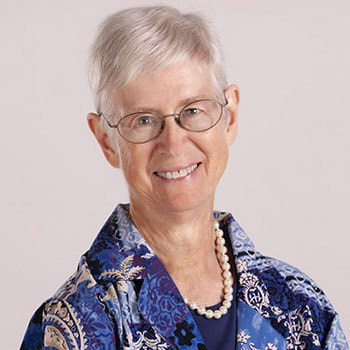 I was born and raised in San Diego, California and earned a BA in English from San Diego State University and an MLS from UCLA. I began my career as a reference and collection development librarian in the Art and Music Section of the San Diego Public Library and then transferred to the Literature and Languages Section, where I had the pleasure of managing the Central Library’s Fiction collection and initiating fiction order lists for the entire library system. Although I also enjoy reading biography, memoir, and history, fiction remains my first love. In addition to the three R’s—reading, writing, and research—I enjoy Scrabble, movies, and travel. My earliest ambition was to be a “book maker” and I wrote my first story, “Judy and the Fairies,” with a plot stolen from a comic book, at the age of six. I broke into print in college with a story in the San Diego State University literary journal, The Phoenix, but most of my magazine publications came after I left the library to spend more time on my writing. My stories have been published in numerous journals, including Eclectica, Thema Literary Journal, The Binnacle, The Nassau Review, Orbis, and The Avalon Literary Review, and in the anthologies Short Story America, Vol. 2, The Captive and the Dead, and Australia Burns. Four stories, including one as yet unpublished, received honorable mention in the Short Story America Prize for Short Fiction contests. A sweet romance, Bridges (2022), and four romantic suspense novels, Love, Death, and the Art of Cooking (2021), Guilty Knowledge (2020), The Rebound Effect (2019) and Seventeen Days (2018) are available for order from the Wild Rose Press. Website * Facebook * Twitter * Instagram * Bookbub * Amazon * Goodreads On the drive to Brierly Station, he didn’t speculate about who Miss DeWinter might be. It wasn’t his job to know who she was, only to meet her train and take her safely back to Westfield Court. She wouldn’t be the last of the friends and relatives who would gather as the old man’s life came to its long-awaited and peaceful end. Brierly was bustling today, as restless as the St. James household. He was in plenty of time for the train and sat in the car reading. The car was a Bentley Mark VI, as well-maintained and highly polished as it was the day it was purchased. The book he was reading was Thomas Hardy’s The Return of the Native. When the train rumbled in, he got out of the car. He stood patiently on the platform as the passengers disembarked, holding up a small slate on which he had chalked DEWINTER in large capitals. There weren’t many passengers, but they were briefly delayed while the conductor helped a blind woman navigate the steps. Neil’s gaze fell expectantly on a woman in her thirties, with an awful hat, but she was immediately met by a portly man and a teenage boy. No other likely prospects appeared, and he waited for someone to respond to the sign. No one did. Finally, only two passengers were left on the platform—a small, homely man and the blind woman. Blind girl, really. She couldn’t be more than twenty. She had a jointed white cane, and her large sunglasses didn’t cover the edges of the scars on her face. She would not have been beautiful even without the scars—too thin, for starters, of average height but with small bones. On the other hand, her face might once have been pretty, and her hair was clean and shining, raven black, and well brushed. She was too pale, and the scars around her eyes were red and ugly. She looked a little lost. Feeling foolish, he lowered the slate. “Miss DeWinter?” he asked as he approached her. “Yes,” she said, turning toward his voice with a smile. “I’m Vincent,” he said. “The St. James chauffeur.” “Pleased to meet you, Mr. Vincent,” she said. “Thank you for meeting me.” Her voice was soft, her enunciation perfect. The porter fetched her luggage—a single gray vinyl suitcase with a flower decal—from the depot and turned it over to Neil with a cheerful nod. Jane would be disappointed, especially if the girl’s other clothes were as plain as what she wore, a simple dark dress with long sleeves and an unfashionable, below-the-knees hemline. Would you take my arm?” he asked, positioning himself so she could place her hand in the crook of his elbow, which she did with easy confidence. “Do you have a Christian name?” she asked. “Yes, miss. It’s Neil.” “That’s a good name,” she said. “Mine is Mary Claire. How is my grandfather, do you know?” Neil, who hadn’t known the old man had any grandchildren, said, “Hanging on, miss.” He opened the car door and helped her into the back seat. “You don’t have to call me ‘miss’ all the time,” she said. “Please call me Mary Claire. Or my friends at school call me Sunny.” “Yes, miss,” he said automatically and closed the door. This is a beautiful story. The author writes with quiet eloquence. The story flows seamlessly from beginning to end, gentle and compelling. The characters would hardly seem the stuff great love stories are made of, but that is precisely the reason this is such an exquisite romance. Mary Claire, a young heiress, is inexperienced, blind, and pitiable in appearance. Even her scars can't be hidden. They're on her face. Neil is twenty years her senior, experienced, traumatized by his experiences in WWII, and a chauffeur. He's an avowed atheist. She's a devout Catholic. And there is so much more to them both. It's one of the guiding principles of my life. There is always more to a person beneath the surface. It's a short book, a novella, and yet a great deal happens. Neil and Mary Claire are both good people as well as interesting ones. Their conversations are never heavy, frivolous, or long. But they are profound. It doesn't take a lot of words to make a point. It just takes the right words, spoken in the right way. The same applies to their relationship and how it changes. Without a lot of protestations or physical contact, the attachment between Mary Claire and Neil grows strong and undeniable. You can feel the intense emotion and love between them. I love this book and its main characters. You will, too. Thank you, Linda Griffin, for this beautiful and poignant romance. $10 Amazon
Follow the tour HERE for special content and a giveaway! https://www.silverdaggertours.com/sdsxx-tours/bridges-book-tour-and-giveaway The Summer Solstice is upon us! The longest day of the year begins tomorrow, June 21, at 5:14 a.m. Then, in almost infinitesimal increments, nights will begin to lengthen as the summertime moves toward autumn. In the Middle Ages, long before climate control and GMOs, the summer solstice, often referred to as Midsummer, marked the halfway point to harvest time. Lachlann, our hero in Tremors Through Time, would have cared about that in his medieval days. But I don't believe he would have been terribly concerned about what year it was. He was too busy living his life to count the years. And then time does a trick on him... How important is time and the counting of it? Except for documentation, does what year it is really matter? I suppose it would depend upon whom you ask. Julius Caesar...some ego, right? He would decide that time should be considered to have begun at the beginning of his reign. Henceforth, at least to the Romans (whose dominion was far and wide), the counting of years was based on the consulship. For example, "this is the second year of so and so's rule". It didn't take long for it to become obvious that that method wouldn't work forever. The Julian calendar had other problems, too -- major issues with leap years and the Easter tables. That last thing, the Easter tables, was a subject worthy of an 800-page volume of work, amongst many other documents. My simple summary is "how to set the date for Easter". It took an early medieval man to get things under control. The dating of Easter was a serious concern and cause of contention for the Church. Pope John I requested a monk to look into the matter, but not just any monk. Dionysis Exiguus (Latin - Dionysis the Humble) was highly respected for his brilliant scholarship. He set about righting the Easter tables. He also invented a system -- the system -- of numbering years from the Incarnation of Christ. At the time, from all his gathered resources, he calculated that 525 years had passed. He referred to the system as Anno Domini, the Year of the Lord. In other words, he approximated that it was the year 525 A.D. His system was incorporated into the Julian calendar. Nowadays, the more commonly used terms might be CE -- for Common Era -- and BCE -- Before the Common Era -- but the years are still based upon Dionysus Exiguus' calculations. But the calendar still had problems. By the 1500s (over a thousand years later), it was so misaligned with the solar calendar that the (northern) spring equinox was occurring long before its expected date in March, which again threw off Easter dates. It took another medieval man -- actually more than one -- in the High Middle Ages to right the fiasco. Pope Gregory XIII wanted the Easter issue resolved. Aloysius Lilius, an Italian astronomer, and Christopher Clavius, a German mathematician, were the primary architects of what came to be known as the Gregorian calendar. The auspicious day of the new calendar was October 15, 1582. One of the first printed editions of the new calendar, printed in Rome by Vincenzo Accolti in 1582. The Gregorian calendar isn't universally accepted, although most countries have adopted it as at least their civil calendar. It's also not perfect. But it's been working well enough for over four hundred years thanks to some prolonged medieval finessing. For more medieval fun, be sure to visit the blogs of these marvelous medieval ladies, Mary Morgan and Barbara Bettis. Happy Medieval Monday! Happy Summer Solstice! Dionysis Exiguus (c. 470-c. 544) Pope Gregory XIII (1502-1585)
Dimitris Kamaris Archiginnasio, Bologna (26408793660).jpg via WikiCommons Happy Medieval Monday! Today, I am considering those institutions of higher learning known as universities. I have been amazed at how long some have been established. There are older university sites than the ones I am featuring. Al-Karaoine in Morocco and Al-Ahzar in Egypt are good examples. But while they have been universities for a very long time, they did not begin as such. For my purpose, I've chosen a not uncommon set of criteria -- that they have been continually in operation since inception and that they began as universities. Some of the universities were cathedral schools before they became universities -- all still way back when, others were royal charters, while even others were begun as student guilds. They were all established in the medieval era. It's awesome. The oldest is the University of Bologna, founded in 1088 by a guild of students. It's Latin name Alma Mater Studiorum means "Nourishing Mother of Studies". The students called it a "universitatis", first to do so, giving it a term from Roman law to designate a legal body. Oxford is the second oldest. According to the university, classes were taught as early as 1096. It was organized as a university between 1201 to 1214 and granted a royal charter in 1244. Its history is closely related to that of Cambridge University, which is third on the list. The University of Salamanca in Spain is fourth, founded in 1218. File:Old Library in University of Salamanca 01.jpg" by Antoine Taveneaux is licensed under CC BY-SA 3.0. There are many Italian universities that were founded during the medieval era. One of the older, non-Italian ones is the University of Coimbra in Portugal, It moved back and forth between Lisbon and Coimbra for a while, but was established in 1290. There are a few more I'd like to mention. Frankly, there are enough beautiful universities with long and fascinating histories to occupy countless blogposts. The Sorbonne was officially chartered in 1200 by Philip II and recognized fifteen years later by Pope Innocent III. It did not operate continually from its beginnings, however. The French Revolution sort of put it on hold. Thankfully, it returned. We cannot forget Trinity College in Dublin, home of the Book of Kells. "Dublin IR - The Long Room Of The Old Library At Trinity College 03" by Daniel Mennerich is licensed under CC BY-NC-SA 2.0 Scotland boasts some of the oldest universities in the English-speaking world. The earliest is the University of Saint Andrews (1410-1413), followed by the University of Glasgow (1451), and the University of Aberdeen (1495), and the University of Edinburgh (1582). From left to right: "University of St Andrews 4" by Son of Groucho is licensed under CC BY 2.0, "University of Glasgow architecture" by Jim_Nix is licensed under CC BY-NC-SA 2.0, "University of Aberdeen" by readephotography is licensed under CC BY-ND 2.0, "File:Old College, University of Edinburgh (24923171570).jpg" by LWYang from USA is licensed under CC BY 2.0. An astounding number of universities were established in medieval times that are still in existence and active. I find it uplifting to know that there have always been students who wanted to learn and teachers who wanted to teach. I believe it is a beautiful statement about humanity. In my time travel romance Tremors Through Time, Lachlann did not have the opportunity to attend a university. There were no universities open to him in the fourteenth century Scottish Highlands. However, he could have learned to read; he had a friend willing to teach him. He was too busy farming to consider it. Once he's stuck in this century, he wishes he'd taken the time to learn. For more Medieval Monday, be sure to stop by these beautiful blogs: Mary Morgan - Medieval Monday | A Love Affair with Medieval Romance (marymorganauthor.com) Barbara Bettis - Blog - Barbara Bettis - Historical Romance Author May we all continue to enjoy learning! Coming July 6! Available for Pre-order.
Welcome, Silver Dagger Tours and Author Barbara Monajem! The death of her cruel husband means freedom at last for Lucretia Tifton—until she learns that the guardian he chose for her longed-for baby is the latest in a line of earls known for separating their children from unfaithful wives. The elusive new earl is certain to hear the gossip about Lucretia. Will he believe it and prove to be as heartless as his ancestors? Giles, the Earl of Netherbroke, wants nothing more than to work in his London shop, building furniture with beautiful marquetry finishes. If unexpectedly inheriting the earldom isn’t bad enough, now he’s saddled with an unwanted guardianship. What’s worse, the baby’s mother is the loveliest woman he’s ever seen. Giles is almost certain Lucretia is an adulteress—and the more he learns about her, the more he understands why she might have betrayed her husband. Nevertheless, he is determined not to succumb, like his ancestors, to the Infidelity Curse. But then Lucretia is suddenly in danger, and the only way to protect her is to make her his. Setup: The broadsheets have published scandalous lies about both Giles and Lucretia. When a horde of newsmen hover outside Lucretia’s house, looking for more scandal, Lucretia tries to protect Giles’ reputation, while he at the same time tries to protect hers... Lucretia was too angry to cringe, or to care that a footman hovered and a maidservant was curtseying on her way to the stairs. “You are not to sacrifice your reputation for me!” Giles said through his teeth, “Might we continue this discussion somewhere more private?” Lucretia put her nose in the air and preceded him to the drawing room. The short walk down the corridor, with his menacing step behind her, sapped her courage. He shut the door and faced her. She had to explain quickly, before she lost heart. Her voice shook. “I merely wished to show that I am not a temptress, merely a widow in mourning, and that you are merely the guardian of my child.” He glared. “With your hair uncovered, a rose in your bosom, and that alluring smile?” She quaked at the fury in his eyes. Before she could muster a retort, he snapped, “They will tear your character to shreds.” Tears stung her eyes and she turned away. A wave of mortification swept through her, suffocating her anger, replacing it with shame, and the fear that always hovered, that he would do his worst. No. Her voice still trembled, but at least she could still speak her mind. “Oh, so it is perfectly fine for you to protect my reputation, but I may not do the same for you?” “Certainly not.” If he had not been so angry, Giles would have laughed at such an absurdity. “My dear Lady Tifton, I would be dastardly indeed to let you do such a thing.” “You are being portrayed in the broadsheets as a seducer.” She dashed a tear away. “It’s preposterous!” Through the gradual draining of his anger seeped a whisper of chagrin. He wished she weren’t so fervent about his inability to seduce. “Yes, but scandal helps the broadsheets sell a great many copies. And while I appreciate your confidence in my integrity—” “Oh, for heaven’s sake.” She no longer seemed cowed, thank God. “You did a great deal to prejudice me against you. If you wanted to seduce me, you would not have taken such a bacon-brained approach.” “Hopefully not, but—” He would probably do something equally sloppy and inconsiderate, like sweeping her willy-nilly into his arms and plastering her with kisses. She had regained her shapely figure. The sway of her hips as he followed her into the drawing room had done nothing to help him suppress his suddenly ravenous desire. Deep down, or perhaps not so deep at all, he was indeed the lecher he had just pretended to be. And she had responded in kind. It terrified him, and it aroused him beyond belief. Not only that, but she wanted to protect his reputation. His mind still boggled. He took a breath and composed himself. “Lady Tifton, please try to see things from my point of view. It is a far greater stain on my honor to allow you to make a figure of yourself in my defense, than to suffer the injustice myself.” “In that case, you fully understand my position. You men think females have no notion of honor.” A tiny spasm crossed her features. “But we do.” “Of course,” he said gently. Tears sparkled in those blue eyes, and her lip quivered ever so slightly. If only he could pull her to him, hold her, kiss those tears away. She fingered the rose at her bosom as if steeling herself to throw it away. “I suppose I must have my clothing repacked, leaving the colors behind and bringing only my blacks,” she said bitterly. Was that how she saw him? Not only unskilled at seduction, but an ogre to boot. “What you wear is none of my business. I might have advised discretion, but once we leave London, people will lose interest in our affairs.” He did his best not to leer in earnest. The black mourning gown hugged her curves. The rose emphasized her beautiful breasts. A crimson flounce peeped from beneath her black skirts. He flexed his fingers to dispel the itch to finger that flounce, to ease it up, to explore and caress. Clearly, he was out of his mind. She was struggling to keep from weeping, for God’s sake, while he was consumed with lust. Ruefully, he said, “In any event, colors become you better.” She took a black handkerchief bordered with lace from her sleeve and wiped away a tear. “I am so sick of wearing black and grey, and even lavender. I am so sick of—of—” “Of pretending to mourn?” Mutely, she nodded. “With me, you need not pretend about that or anything else,” Giles said.  Barbara Monajem grew up in western Canada. She wrote her first story in third grade about apple tree gnomes. After dabbling in neighborhood musicals and teen melodrama, she published a middle-grade fantasy when her children were young. Now her kids are adults, and she writes historical and paranormal romance and mystery for grownups. She lives in Georgia, USA , with an ever-shifting population of relatives, friends, and mostly feline strays. Website * Facebook * Twitter * Instagram * Bookbub * Amazon * Goodreads $10 Amazon
Follow the tour HERE for special content and a giveaway! https://www.silverdaggertours.com/sdsxx-tours/the-infidelity-curse-book-tour-and-giveaway Trés Riches Heures du Duc de Berry, c. 1413-1 Welcome back to Medieval Monday! My approach and general feelings about Monday have improved out of all proportion. We have a new approach this time around. I will be sharing the day with two wonderful, beloved authors, Mary Morgan and Barbara Bettis. We will all be posting on medieval topics. You can find their marvelous and very interesting blogposts here: Medieval Monday | The Vikings and Their Games (marymorganauthor.com) Blog - Barbara Bettis - Historical Romance Author I thought to begin with: why medieval? Why the Middle Ages as opposed to, say, Ancient Rome or the Italian Renaissance? I used to feel, naively, that it was a much more simple time, black and white, with clean, simple living and a reliance on nature and the seasons. Wrong. Well, at least not entirely correct. In every age, there are the simple and the complicated, the rulers and the general population, those who party all night and sleep all day as well as those who rise with the sun to work and go to bed early. This is true for pretty much all cultures, places, and times. But, oh, to me the medieval era has a unique, special beauty. The time frame is roughly from the fifth to the fifteenth century. The art and literature of the period evidence imagination, mystery, and an intense passion for life. Just consider The Canterbury Tales, Le Morte d'Arthur, Summa Theologica, Dante's Inferno, and manuscript illumination such as the Limbourg Brothers Book of Hours (Trés Riches Heures). Round Table, Winchester Castle I'll be exploring the literature, art, and lifestyles of this extraordinary, beautiful, tumultuous era. For now, I'll leave you with a scene from Tremors Through Time, my latest romance due to launch this summer, July 06. Mini setup: Deidre is a medieval history professor who does not know that her gorgeous neighbor Lachlann has fallen forward in time from the 1300s. Until next time! :) He had speared a tender slice of beef with his fork and took a bite before answering. Rich, well-seasoned, it melted in his mouth. “Mmm.” He closed his eyes briefly, then smiled at her. “Delicious.”
She beamed. “Thank you.” Small red potatoes, thickly sliced carrots, onion chunks, whole cloves of garlic…He ate in blissful silence for a few moments before he realized what he was doing. He looked up to find her watching him with a smile and a twinkle in her blue eyes. He grinned. “Sorry. This is really good. What were we talking about?” “I’m glad you like it. I only asked if you like your job.” “My job.” He shrugged. “I like it well enough, I suppose. As they say, it pays the bills. It’s very different from anything I’ve done before. Do you like yours?” “I love my job, but I know that I’m one of the lucky ones.” “Tell me, please, your job title again? Joe kept talking about it the last time he was home.” Deidre laughed. “He did seem surprisingly interested when we talked about it. I’m Director of Medieval Studies at the University of Houston.” Medieval studies…Lachlann struggled for words. He knew what “medieval” meant. If he had one question, he had a thousand. Simple ones would have to do for now. “What do you like about it?” “There’s so much,” she replied. “The ongoing learning, the students…I love teaching.” “Why did you choose medieval studies?” Deidre opened her mouth as if to speak, then closed it again. Glancing down at her plate, she pushed around a carrot. “I…I’ve been interested in medieval artwork and history since I was a little girl. It’s always fascinated me.” “Why?” “I…” She paused again, her brow knit, her soft lips twisting a little as she searched for words. “Life was so different back then,” she finally said. “People were different, and yet they were still human.” Lachlann blinked. “Well, of course they were human!” She put a hand up. “Now, hear me out. For all intents and purposes, they lived in a different world from ours. Almost everything they knew was different from what we know. Agreed?” “Agreed.” “But their humanity was no different from ours. They had the same emotions, the same feelings, the same basic needs.” “How do you know how they felt?” “They left us art, music, writing, and so much more.” “But their languages were different. How did anyone ever learn to read their writings?” “Languages changed slowly,” she explained, “and one translation led to another.” “But if a group of people died at once, their language would have died with them. Isn’t that true? So would their history.” “That would be true in some cases, but not all. Is there a particular language or culture you have in mind?” Lachlann hesitated, sorting his thoughts, still trying to get past her “yet they were human” remark. What had happened to his own language? Should he mention it? Could it hurt? |
Romance!It's no secret that I prefer fat HEAs. Where better than in a beautiful romance? Archives
June 2024
Categories
All
NewsletterFrom me to you with a smile. Thank you!You have successfully joined our subscriber list. |



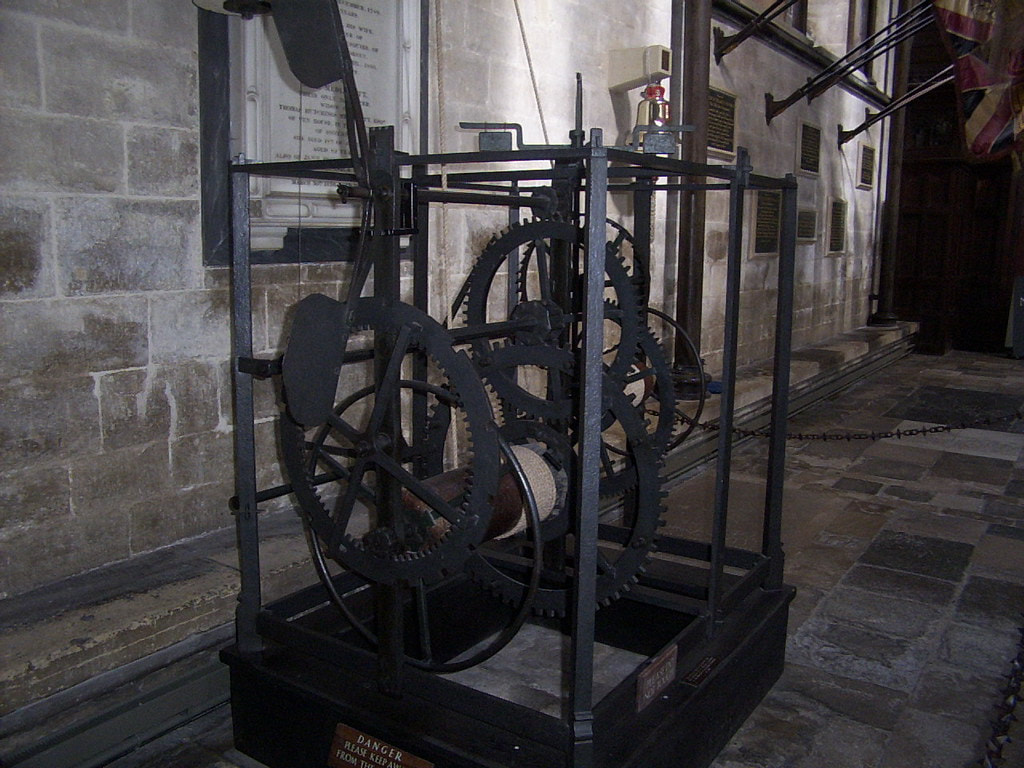
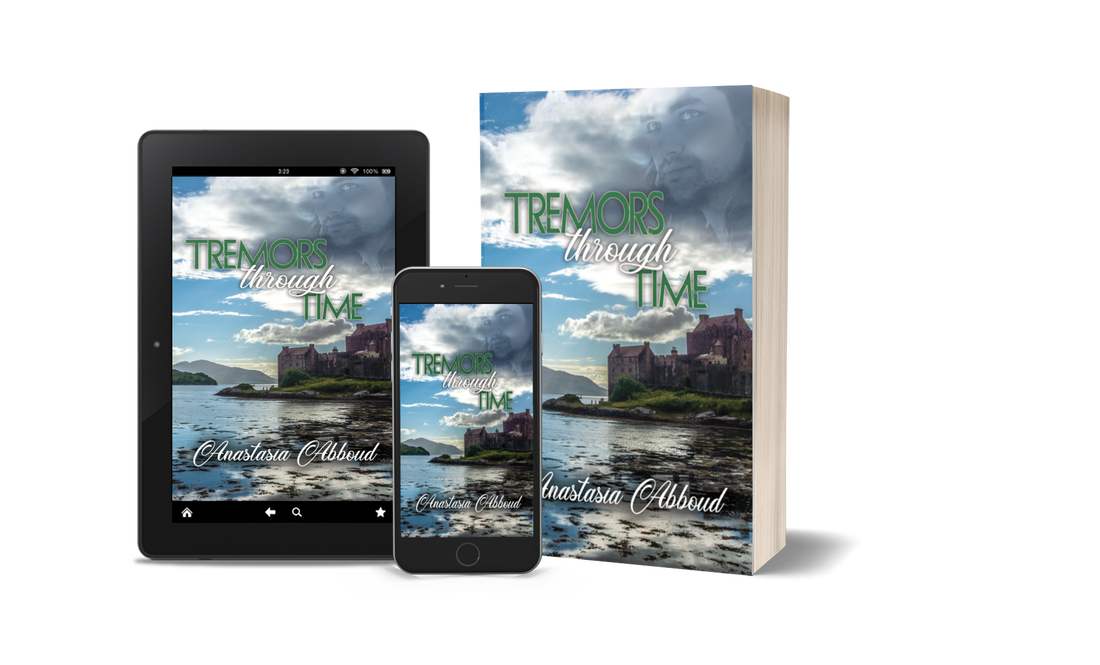
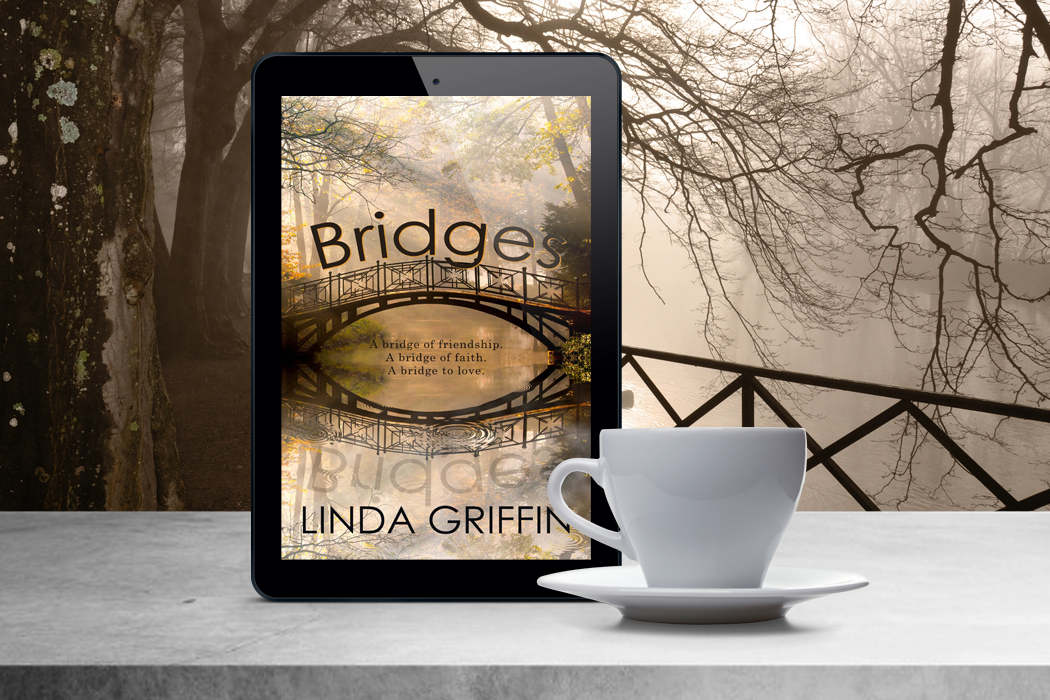



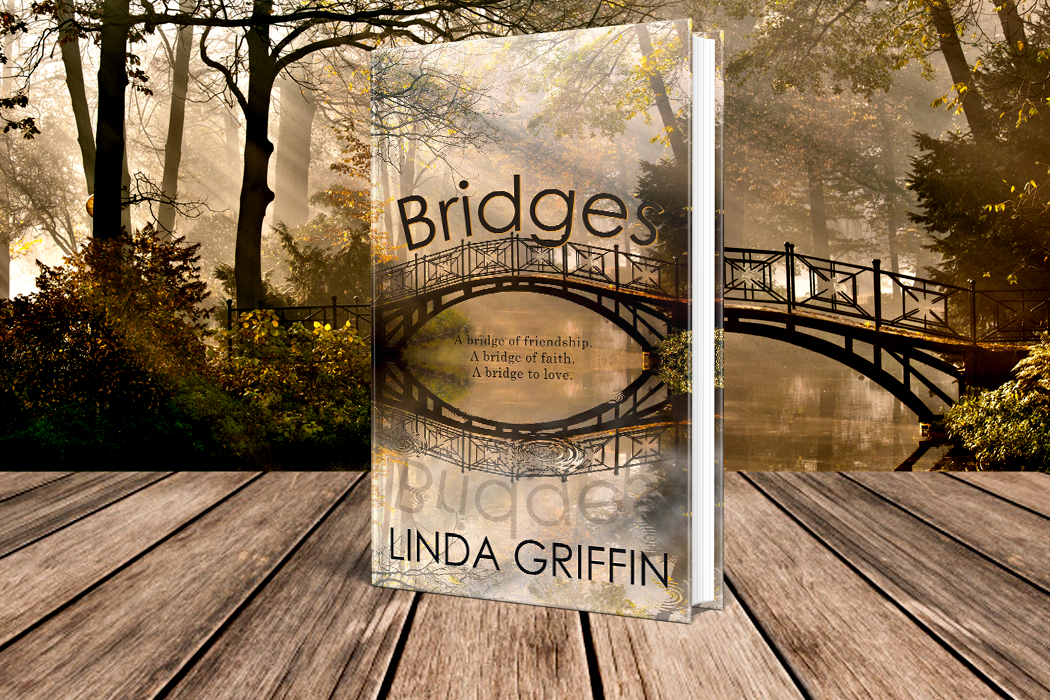

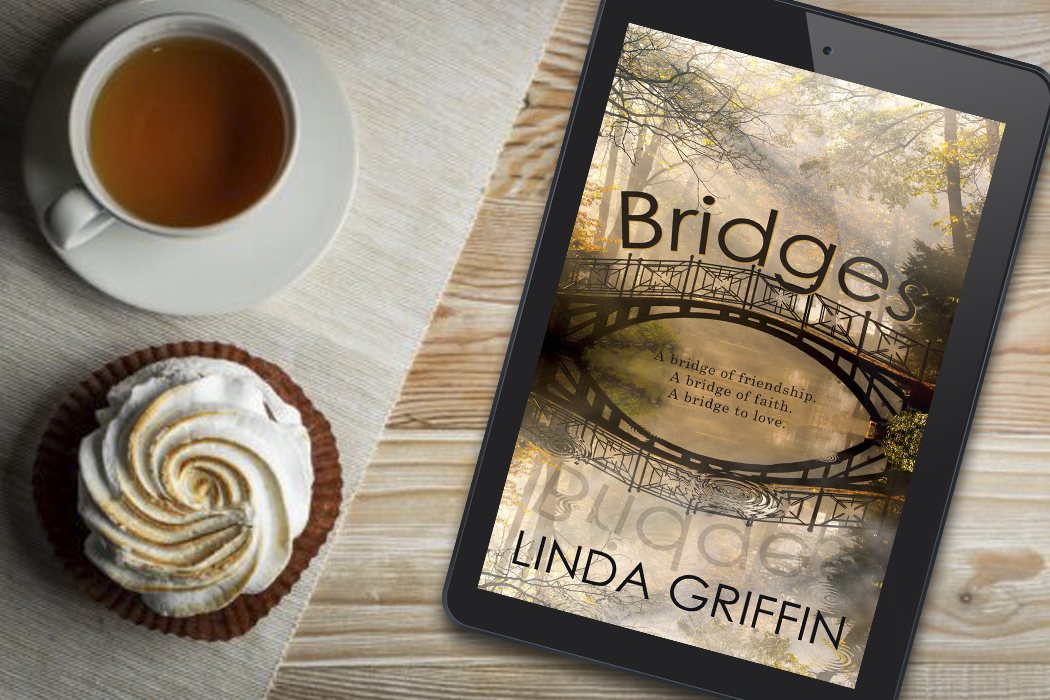

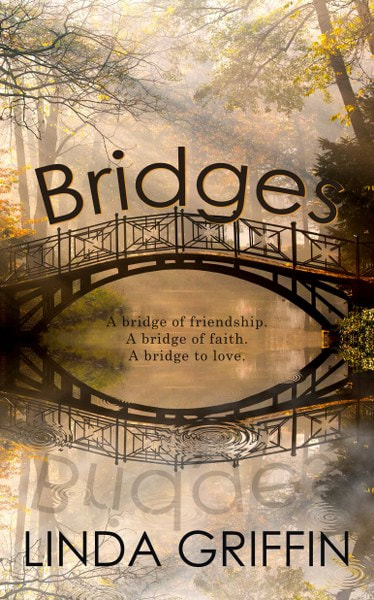


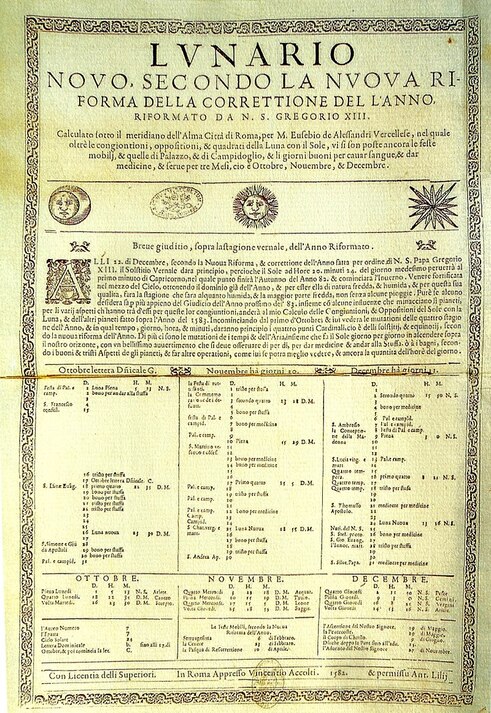
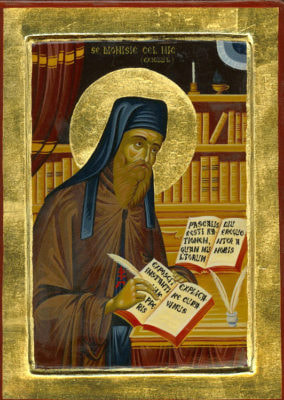
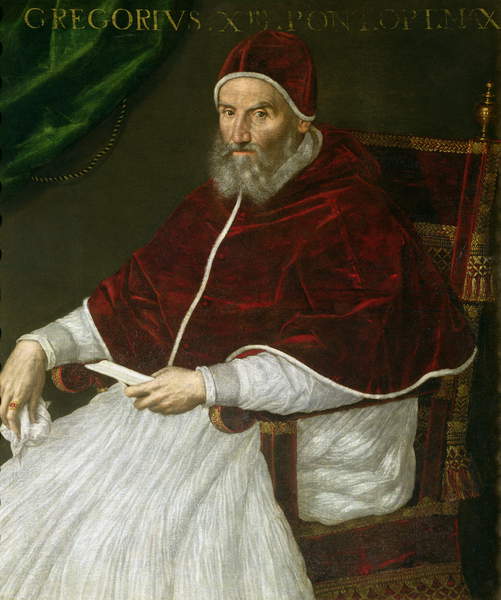
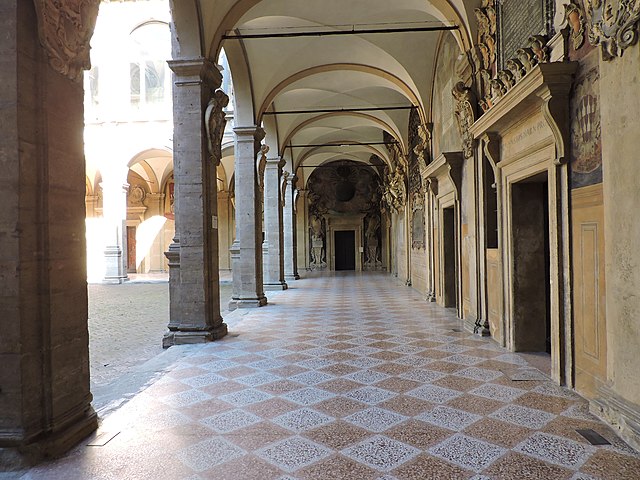
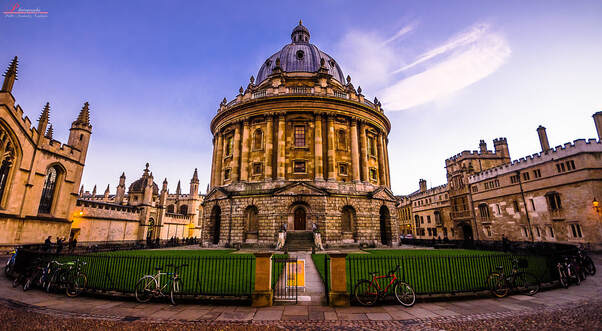
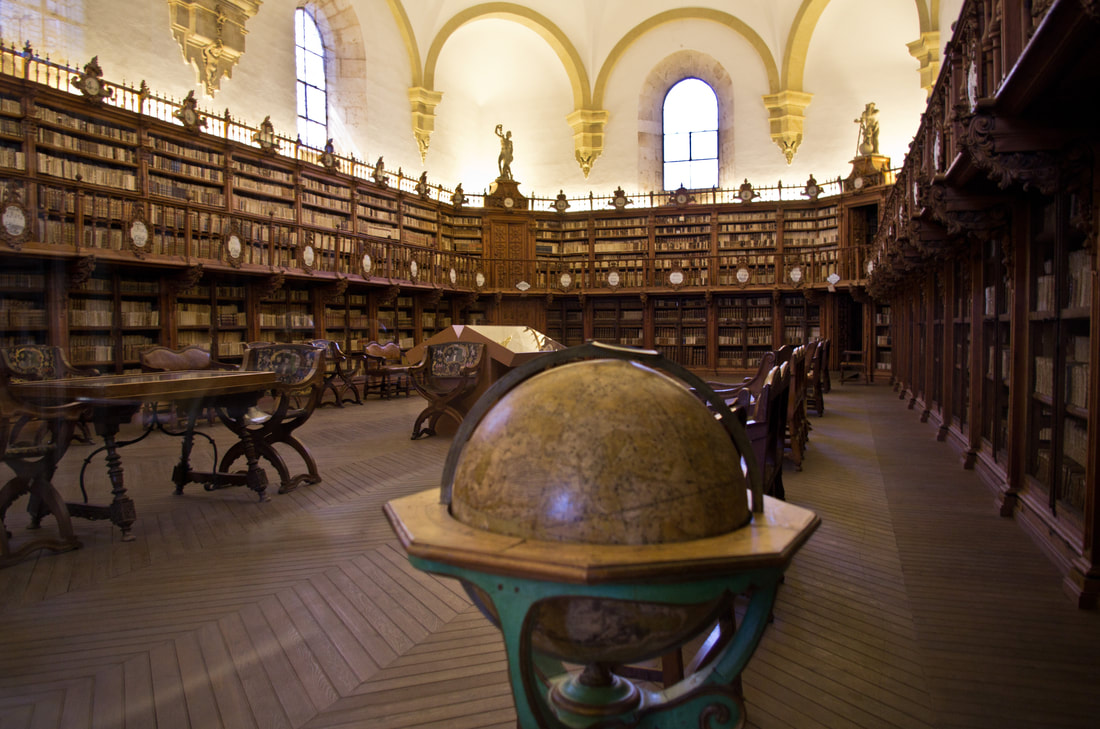
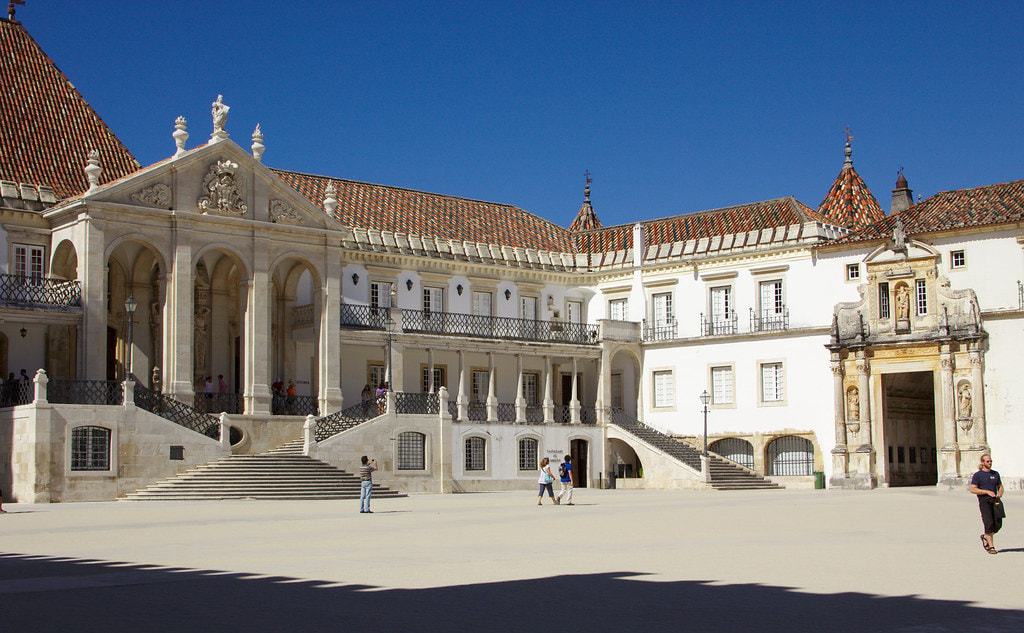




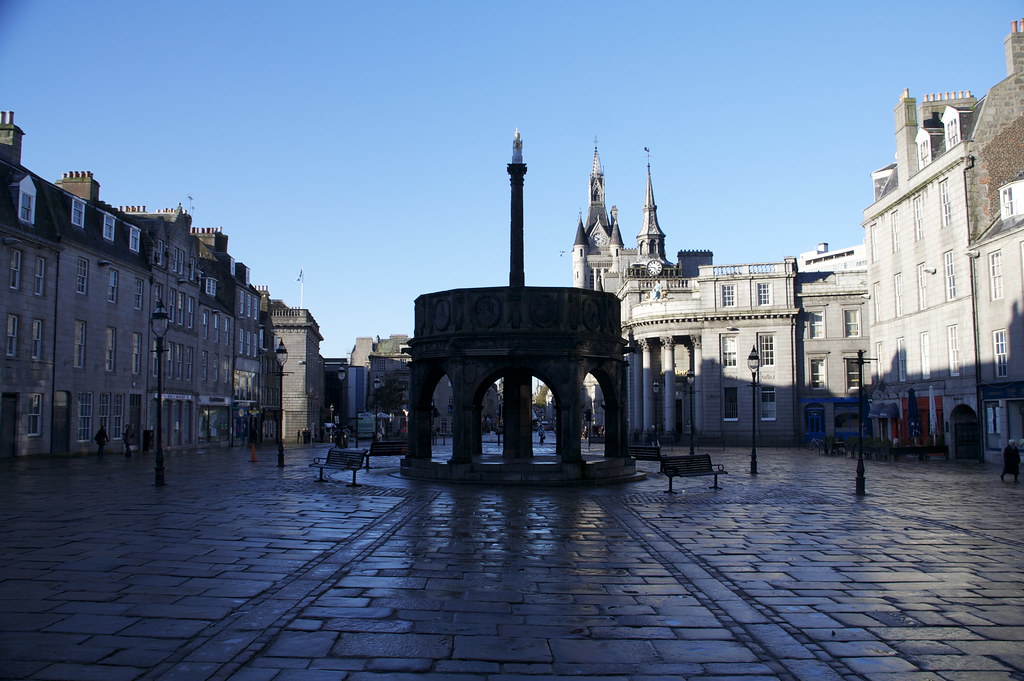

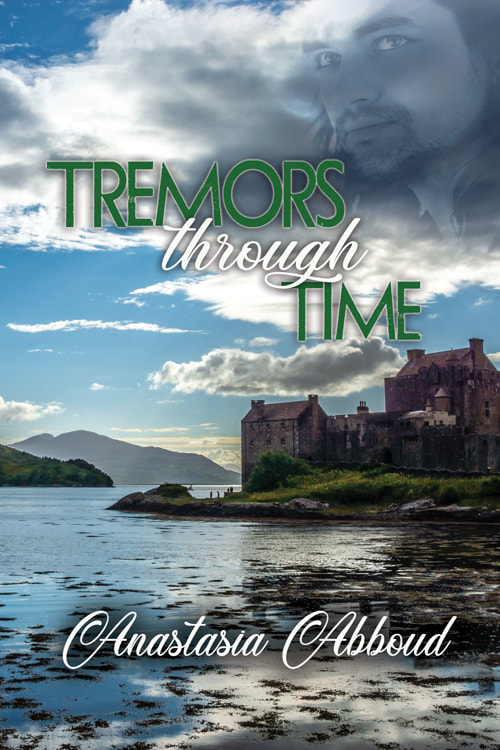
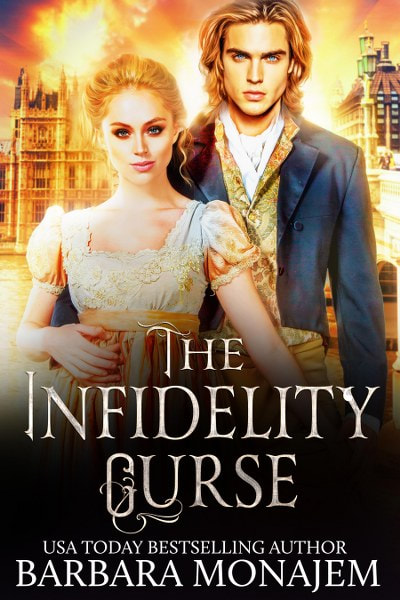

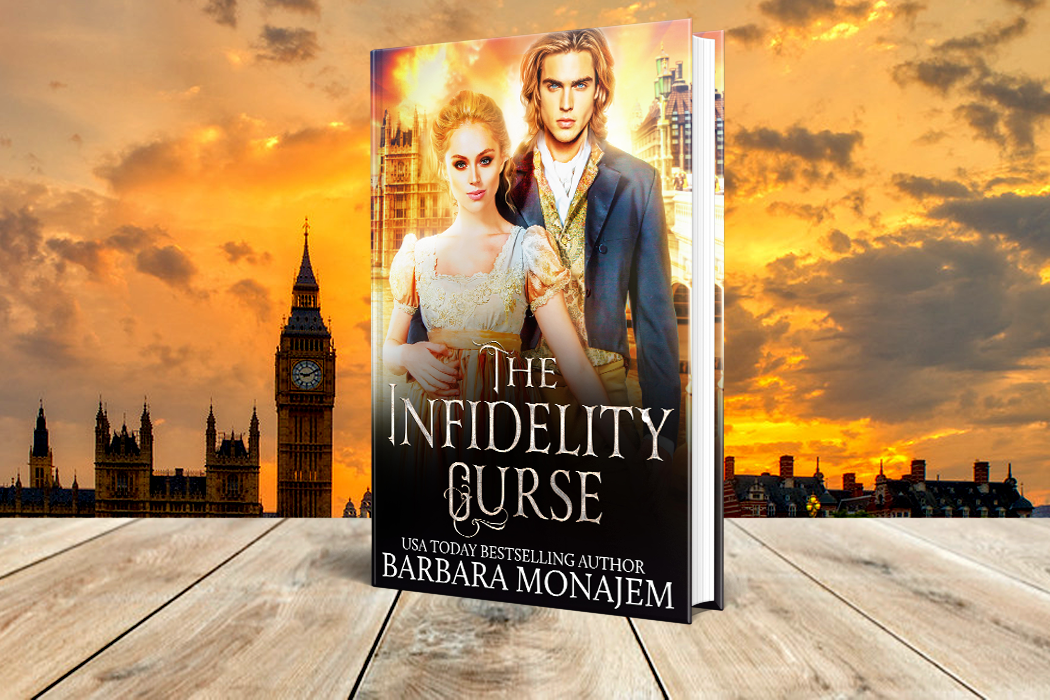

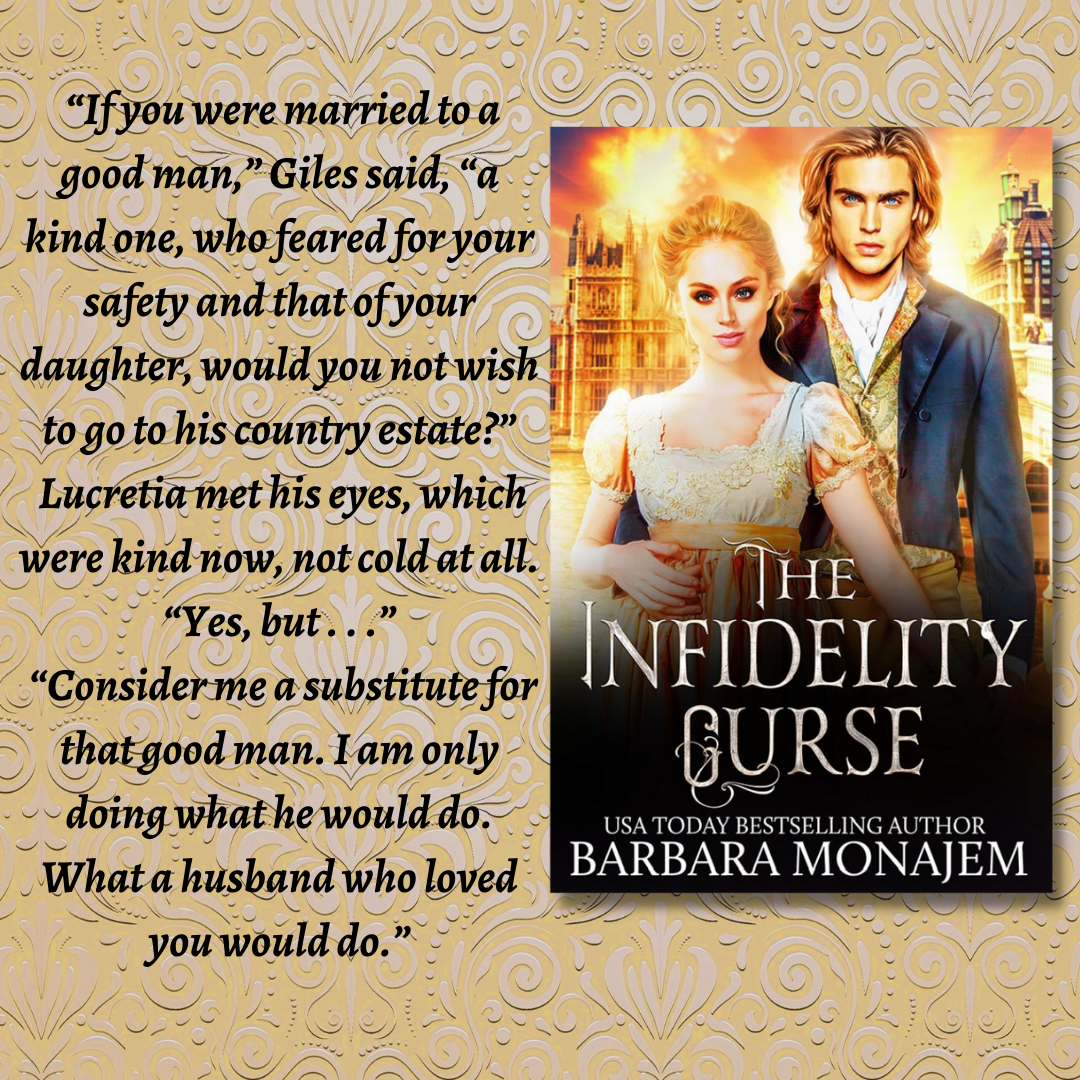

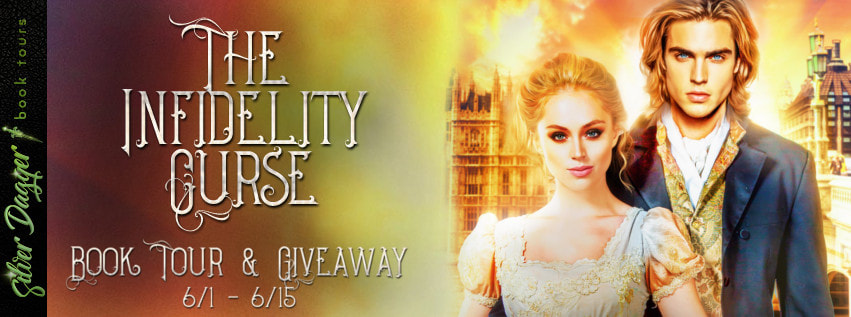

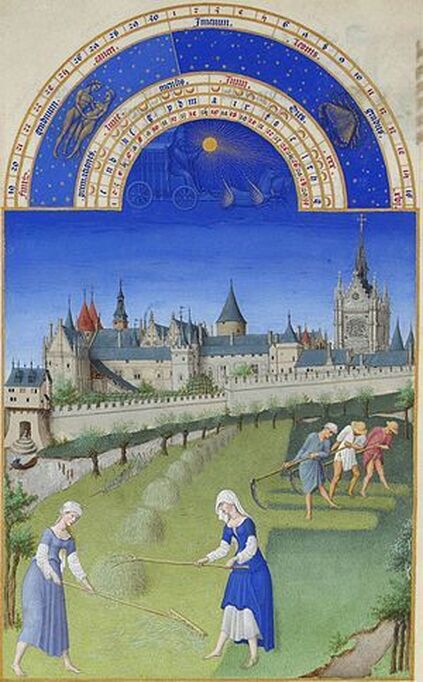
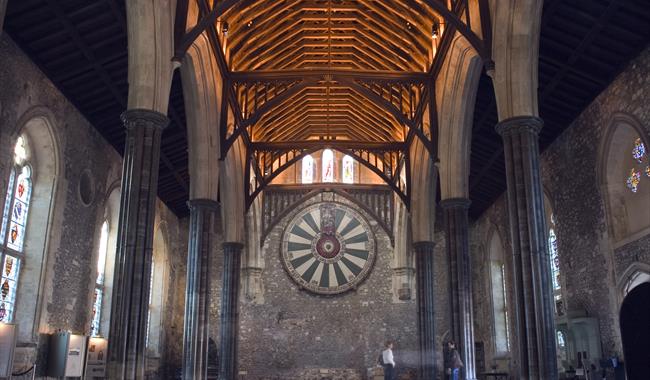
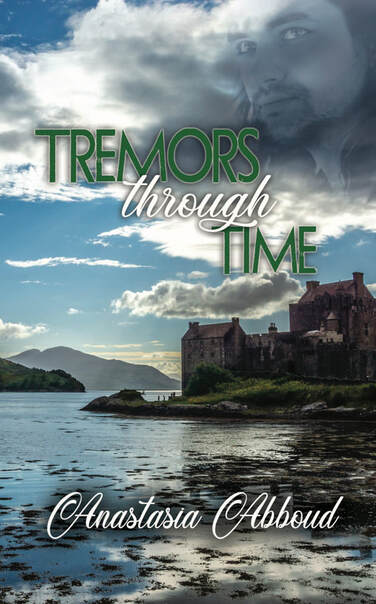


 RSS Feed
RSS Feed